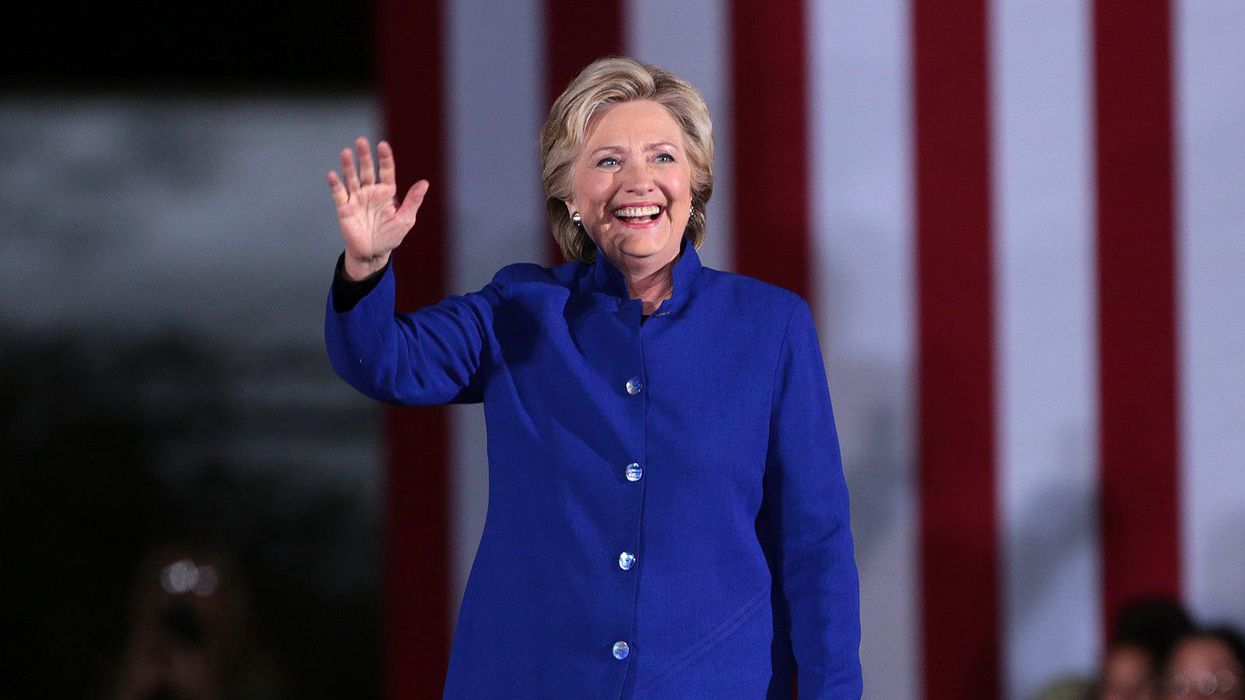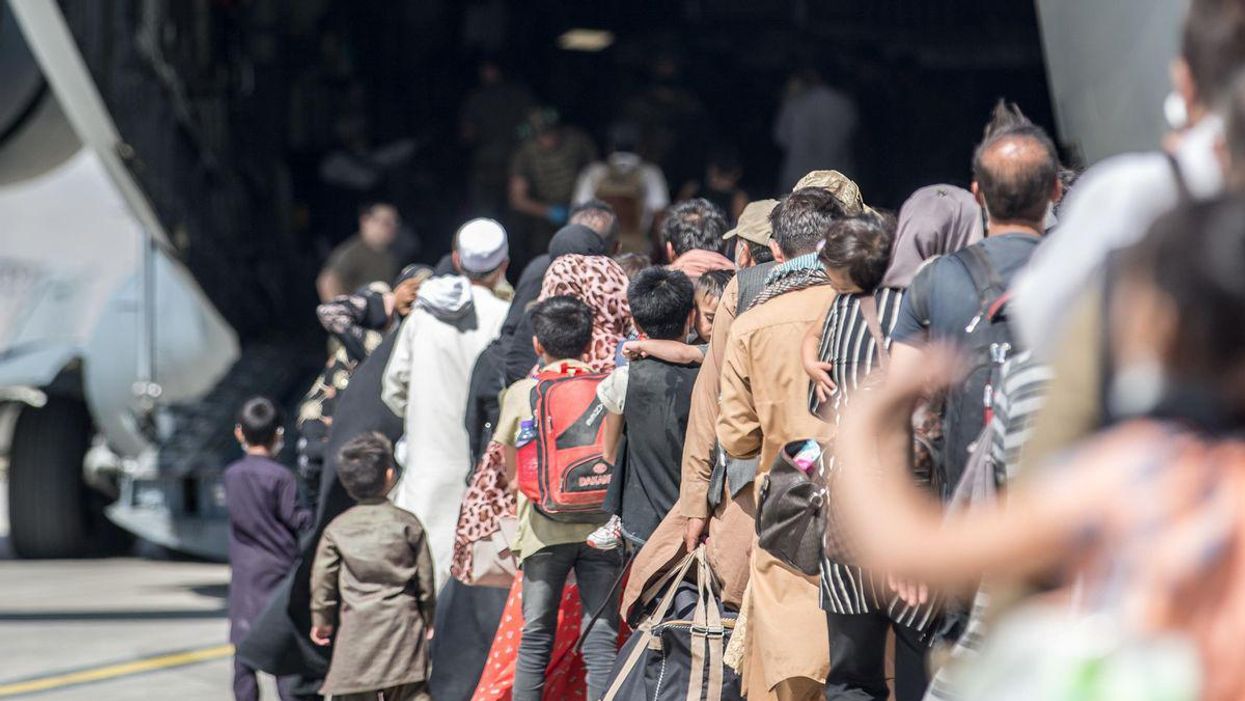Carlson Accuses Biden Of Importing Afghan Rapist — But Border Officials Flagged Perp
Reprinted with permission from American Independent
On Monday, Fox News host Tucker Carlson, who has a history of making racist and xenophobic comments, attacked the effort to rescue Afghan refugees and bring them to America as a program to "import some rapists." He also threw in a white supremacist talking point to suggest that the Biden administration was using the refugee crisis as part of a plan to "change our country."
Carlson's smear was based on an article published in the Washington Times earlier that day.
Discussing the U.S. evacuation of Afghan refugees from Kabul, Carlson said during a segment of his program Tucker Carlson Tonight, "So they look around and they say, Hmm, how can we make this a little bit worse? I have an idea, let's import some rapists. That would make it worse than we've already made it. And they have."
Carlson said "that a previously deported rapist was among the Afghan refugees that just landed at Dulles Airport" in Virginia. "Of course, let's import rapists, 'cause it's not bad enough," Carlson repeated.
But according to the story Carlson cited, the existing process of screening would-be refugees worked to identify the person.
The Washington Timesreported that Ghader Heydari, a convicted rapist, was flagged by border officials at Dulles, noting they "spotted his criminal and immigration history and derailed his entry."
The paper said, "Heydari's exact path to entry is not clear, though it's unlikely he holds a Special Immigrant Visa. Those were reserved for Afghans who provided significant support for the U.S. in the war effort. It's also not likely he is a refugee, given his immigration history."
Carlson's guest during the segment, Rep. Tom Tiffany (R-WI), offered no rebuttal as Carlson continued to smear refugees.
Tiffany said that refugees currently staying at U.S. Army Garrison Fort McCoy in Wisconsin were not being vetted, did not hold the Special Immigrant Visas allocated to those who had assisted the U.S. mission in Afghanistan, and were there "on parole" on the authority of the secretary of homeland security, "and he can just wave people in. They have circumvented, the Biden administration has circumvented the SIV process and they're just bringing people in on parole." Tiffany added that people were able to leave the base without the authority of the general who oversees it.
Carlson said, "If we're going to import thousands of unvetted Afghan Pashtun tribesmen, why aren't we moving them to the places where the people who make these decisions live?" specifically the islands of Nantucket and Martha's Vineyard. Tiffany answered, "Well, that would really be a good idea," before saying that refugees need to be vetted in a "safe third country like Qatar, someplace like that."
But the refugees at Fort McCoy are being vetted, despite the accusations from both men.
At a briefing on August 23, White House officials told reporters that refugees brought to the facility are subject to multiple screenings — biometric, biographic, and health screenings — before they reach the base.
The Milwaukee Journal Sentinel noted that the Fort McCoy arrivals include people in the middle of the Special Immigrant Visa process, green card holders, and vulnerable populations that include professors, female journalists, and female students.
Carlson concluded the segment by invoking the white supremacist "great replacement" conspiracy theory, alleging that Afghan refugees are being brought to America by Democrats who "are just using a crisis to change our country — they'll never lose another election, that's the point, as you know."
Tiffany nodded.
Published with permission of The American Independent Foundation.




